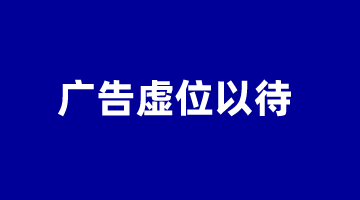在Java中,可以使用类型转换(type casting)将变量从一种数据类型转换为另一种数据类型。类型转换有两种形式:向上转型(upcasting)和向下转型(downcasting)。
- 向上转型(Upcasting):将子类对象转换为父类对象。这种转换是安全的,因为子类对象总是包含父类的所有信息。向上转型不需要显式地进行类型转换,因为编译器会自动处理。
class Animal {}
class Dog extends Animal {}
public class Main {
public static void main(String[] args) {
Dog dog = new Dog(); // 向上转型:Dog对象转换为Animal对象
Animal animal = dog; // 这里不需要显式类型转换
}
}
- 向下转型(Downcasting):将父类对象转换为子类对象。这种转换可能会导致数据丢失,因为父类对象可能不包含子类的所有信息。向下转型需要显式地进行类型转换,并且需要使用
instanceof关键字来检查转换是否安全。
class Animal {}
class Dog extends Animal {}
public class Main {
public static void main(String[] args) {
Animal animal = new Dog(); // 向上转型:Dog对象转换为Animal对象
if (animal instanceof Dog) {
Dog dog = (Dog) animal; // 向下转型:将Animal对象转换为Dog对象
// 在这里,我们可以使用dog对象,但需要注意可能的类型转换异常
} else {
System.out.println("Type casting is not safe.");
}
}
}
在进行类型转换时,请务必注意数据安全和可能的异常。如果转换不安全,可以使用instanceof关键字进行检查,或者使用其他方法来处理类型转换。

 便宜VPS测评
便宜VPS测评











